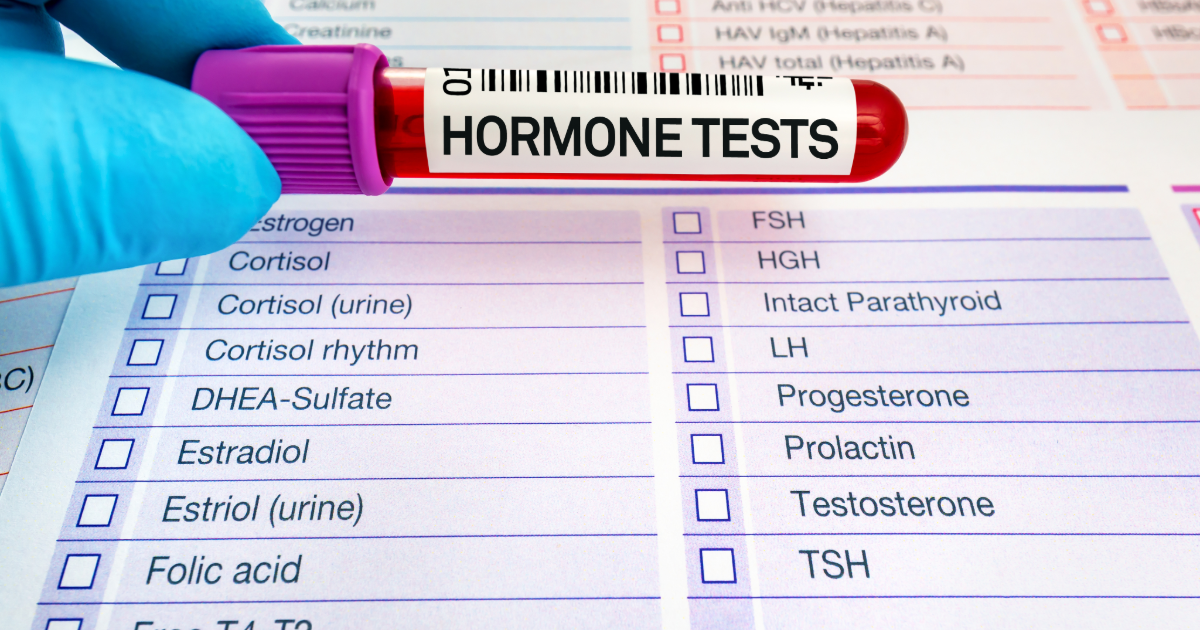How the MTHFR Mutation Can Affect Your Autoimmune and Thyroid Health

How the MTHFR Mutation Can Affect Your Autoimmune andThyroid Health
At BioJust, we aim to provide cutting-edge solutions that help you achieve optimal health as you age. Understanding how your genetic makeup affects your overall wellness is a key part of that process. The MTHFR gene mutation has gained attention for its impact on various aspects of health, including autoimmune and thyroid conditions. If you're experiencing unexplained fatigue, brain fog, or difficulty managing thyroid issues, the MTHFR mutation may be playing a role.
How the MTHFR Mutation Affects Autoimmune Health
The MTHFR mutation can disrupt the body's methylation cycle, an essential biochemical process that helps regulate detoxification, immune function, and inflammation. A malfunctioning methylation cycle can lead to:
- Chronic Inflammation: Poor methylation may contribute to higher levels of inflammation, which can trigger or worsen autoimmune conditions like rheumatoid arthritis, lupus, and multiple sclerosis. Since the body struggles to detoxify and remove harmful substances, it can lead to ongoing immune system attacks on its own tissues.
- Reduced Glutathione Production: Glutathione, a critical antioxidant, plays a key role in managing oxidative stress and protecting cells from damage. Those with an MTHFR mutation may have reduced glutathione levels, making it harder for the body to fight inflammation and increasing susceptibility to autoimmune diseases.
- Increased Risk of Autoimmune Disorders: Research suggests that individuals with an MTHFR mutation may be more prone to developing autoimmune diseases due to impaired detoxification, higher homocysteine levels, and poor regulation of the immune system.
MTHFR and Thyroid Health
Your thyroid function is closely tied to methylation and the detoxification process. The MTHFR mutation can interfere with these functions, leading to several thyroid-related issues:
- Hypothyroidism: Reduced methylation can impair your body's ability to convert inactive thyroid hormone (T4) into the active form (T3). This leads to hypothyroid symptoms such as fatigue, weight gain, and hair loss, even if thyroid lab results appear normal.
- Hashimoto's Thyroiditis: As an autoimmune condition, Hashimoto's can be exacerbated by the MTHFR mutation. The inflammation and immune dysregulation caused by poor methylation may increase the likelihood of developing this thyroid autoimmune disorder.
- Increased Homocysteine Levels: Elevated homocysteine, a common issue for those with MTHFR mutations, has been linked to thyroid dysfunction. High homocysteine can contribute to the oxidative stress that damages thyroid cells and disrupts normal hormone production.
Why Testing for the MTHFR Mutation is Crucial
If you’re dealing with thyroid issues, autoimmune symptoms, or struggling to find the root cause of chronic fatigue and inflammation, testing for the MTHFR mutation is essential. Knowing whether you carry this genetic mutation can help you and your healthcare provider tailor a treatment plan that supports optimal thyroid function, reduces inflammation, and strengthens your immune system.
At BioJust, we specialize in hormone optimization and personalized care, helping you age well by identifying and addressing key factors that affect your health. Testing for the MTHFR mutation is a proactive step in managing your thyroid and autoimmune health effectively.
Schedule Your Free Consultation Today
Want to learn more about how MTHFR testing can benefit you? Schedule a free consultation with our team at BioJust. We’ll walk youthrough the lab testing process and help you understand how personalized treatment can improve your health and well-being.
Take control of your thyroid, autoimmune, and overall health today. Contact BioJust to schedule your free consultation and discoverhow testing for the MTHFR mutation can unlock a healthier future!




